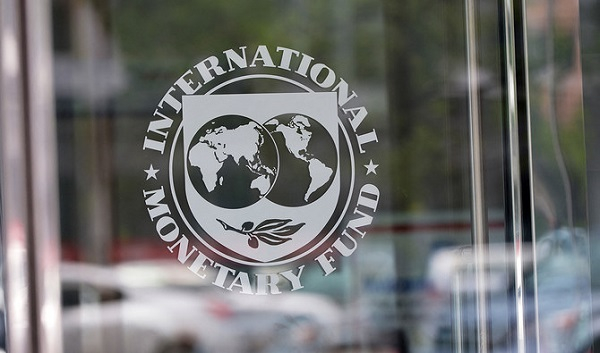Non-interest banking is not a competitor to conventional banking - Prof Gatsi
A finance expert and an Advisor to the Bank of Ghana has corrected a misconception and misinformation spreading across the country that non-interest banking or as others call it, Islamic banking if introduced in Ghana will collapse the conventional banks.
The expert emphasized that rather, non-interest banking will achieve economies of scale, financial inclusion, diversification in financing trade and commerce, as well as secure project finance for government and the private sectors of the economy.
Currently, among the West African countries, only Ghana is not implementing the non-interest banking and finance systems, which has really hurt Ghana’s economy in many ways.
According to the World Bank, the Islamic finance industry has expanded rapidly over the past decade, growing at 10-12% annually. Today, Sharia-compliant financial assets are estimated at roughly US$2 trillion, covering bank and non-bank financial institutions, capital markets, money markets and insurance (“Takaful”). It is in line of these development that, the current government has shown commitment to rollout Islamic finance in Ghana.
“The apprehension that Islamic finance and banking will negatively affect conventional banks in the country is not rooted in progressive information widely available to regulators globally”, Professor John Gatsi has said in an interview last week.
“Furthermore, non-interest banking and finance will provide unique support to women entrepreneurs and contribute to achieving the Sustainable Development Goals.”
Many experts have asserted that, non-interest banking and finance will enhance Ghana’s market economic structure.
The non-interest finance system is not designed to outperform conventional structures because it is not a competitor but plays crucial complementary roles in municipal, central government, and private sectors’ infrastructure and enterprise funding.
“We have non-interest banking (Islamic banks) and capital markets institutions, including fintech companies in the UK, Saudi Arabia, Dubai, Turkey, Japan, Canada, France, Netherlands, Nigeria, Uganda, Hong Kong, Singapore, Luxembourg, America, Malaysia, to name a few. However, these institutions have not even competed with conventional banks, let alone dismantled them” Professor Gatsi pointed out.
You may also like...
Diddy's Legal Troubles & Racketeering Trial

Music mogul Sean 'Diddy' Combs was acquitted of sex trafficking and racketeering charges but convicted on transportation...
Thomas Partey Facing Rape & Sexual Assault Charges

Former Arsenal midfielder Thomas Partey has been formally charged with multiple counts of rape and sexual assault by UK ...
Nigerian University Admission Policy Changes

JAMB has clarified its admission policies, rectifying a student's status, reiterating the necessity of its Central Admis...
Ghana's Economic Reforms & Gold Sector Initiatives

Ghana is undertaking a comprehensive economic overhaul with President John Dramani Mahama's 24-Hour Economy and Accelera...
WAFCON 2024 African Women's Football Tournament

The 2024 Women's Africa Cup of Nations opened with thrilling matches, seeing Nigeria's Super Falcons secure a dominant 3...
Emergence & Dynamics of Nigeria's ADC Coalition

A new opposition coalition, led by the African Democratic Congress (ADC), is emerging to challenge President Bola Ahmed ...
Demise of Olubadan of Ibadanland
Oba Owolabi Olakulehin, the 43rd Olubadan of Ibadanland, has died at 90, concluding a life of distinguished service in t...
Death of Nigerian Goalkeeping Legend Peter Rufai

Nigerian football mourns the death of legendary Super Eagles goalkeeper Peter Rufai, who passed away at 61. Known as 'Do...




